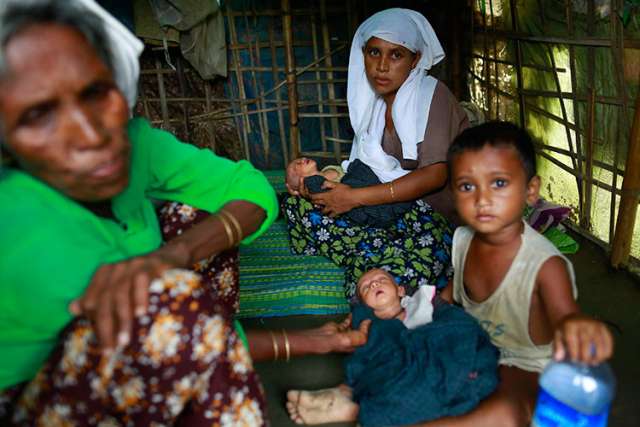The Pope and the court came to that same, obvious conclusion in separate recent pronouncements on refugees. Harsh, judgmental attitudes have no place in a just world, agreed the pontiff and the judge in statements that will be applauded by charitable people everywhere.
Speaking on the anniversary of his visit last year to the Italian island of Lampedusa, where he mourned the deaths of thousands of people drowned at sea while fleeing to a better life, Pope Francis urged society to safeguard and protect the dignity of displaced people by “taking them by the hand, without making calculations, without fear, with tenderness and understanding.” He called the world to be “more courageous and generous in coming to the aid of refugees.”
In Ottawa, Justice Anne Mactavish was more blunt in ruling that Canada’s health-care policy for refugee claimants constitutes “cruel and unusual treatment” and is therefore unconstitutional. “I have found as a fact that lives are being put at risk,” she said. The judge gave the government four months to reverse direction.
The Register has written previously about a harsh 2012 government policy that virtually eliminated health coverage for refugee claimants from 37 so-called “safe” countries while severely reducing care for other claimants until their refugee application had completed an often-lengthy approval process. Previously, every claimant was entitled to the same basic medical care as any Canadian citizen on social assistance, with the federal government paying the tab. That is how it should be.
The government, however, believes that denying health care is necessary to deter fraudulent refugee claims so it can focus limited resources on what it calls “genuine refugees.” As a result, many people legally in Canada who require medical care while their refugee claim is being processed have been denied coverage. Such denial of care is indeed “cruel and unusual” in Canada, as the judge so bluntly pointed out.
The Pope and the judge used different words, but they expressed similar sentiments. As Francis put it, the plight of refugees should not just elicit compassion but their suffering should stir people to action “with the aim of safeguarding and promoting the dignity and centrality of every human being.” Mactavish said Ottawa’s refugee policies have been devastating for scores of disadvantaged people “in a manner that shocks the conscience and outrages our standards of decency.”
There will always be dubious refugee claims. But it is undignified and cruel to punish all refugees for the actions of the fraudsters. The Pope and the judge got it right. Now it’s the government’s turn.


